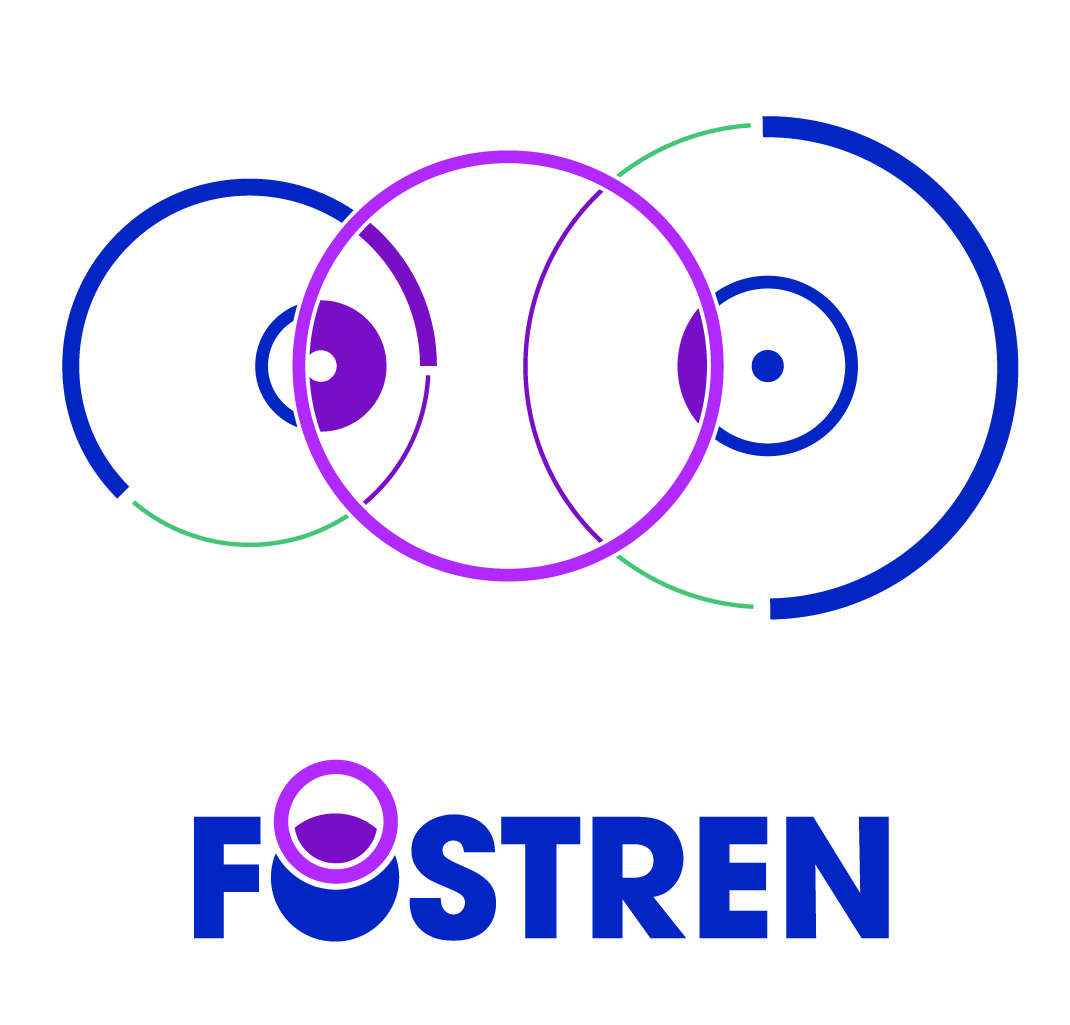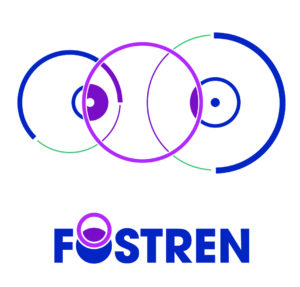Country blog Poland by Dr Jakub Lickiewicz
What is your country’s stand on coercion reduction?
In Poland, the use of coercive measures is regulated by the Mental Health Act (1994), according to which adequate coercive measures include:
- physical restraint, i.e. temporary use of physical force to immobilise a patient,
- compulsory administration of drugs, both on an ad hoc and planned basis
- mechanical restraint, immobilisation, which involves incapacitating the patient with the use of belts or other technical means,
- seclusion, which means placing the patient in a solitary, specially adapted room (Karcz, Zimmerman, 2017).
When coercive measures are required in Poland, mechanical restraints are typically used.
Medical personnel see a problem, and as they seek solutions, and there have been some initiatives to decrease the use of coercion in psychiatry. Some alternatives for coercion have been suggested by medical personnel, but they have been site-specific. There have been no policy changes, which typically come from and through the Ministry of Health.
In 2018, the Mental Health Act was amended, resulting in better control of coercive measures and is multi-staged. The requirement to verify the legitimacy of applying coercive measures significantly reduced their use. This was a step in the right direction, however, apart from legal solutions, systemic solutions are also needed.
What kind of research is happening in your country on this topic?
The problem of violence and aggression in mental health settings is becoming more popular in research. However, most of the research focuses on the phenomena itself, not on solutions (eg. Mosiołek et al, 2019).
Safewards webpage was translated into Polish in 2019 (https://www.safewards.net/pl/). Now personnel can use it freely. In research on Safewards effectiveness, the reduction of using coercive measures by more than 30% was documented (Lickiewicz et al, 2019). There has also been some research on Aggression Management Training effectiveness. Its effectiveness differs in relation to participant gender. (Lickiewicz et al, 2020).
Why are you in the network? What would you like to achieve with it?
I hope that our work would give some important changes in the perception of coercion in Poland. I hope we will be able to create and offer some systematic solutions for mental health facilities of different types.
Poland is a country at the beginning of the long road to improve the care for patients with psychiatric illnesses. For most Polish medical personnel, coercion is the preferred method to deal with violence and aggression. Though a reactive approach, coercion is the only known option for service providers due to insufficient staffing, burnout, and lack of knowlege of alternatives.
My desire for being in this network is to be able to provide caregivers with alternatives to coercion and to change the face of psychiatric care in Poland.
Is there anything else that you want to share with us?
From my perspective, changing the midset of medical personnel seems to be the most important way of dealing with overuse of coercion in psychiatry. As a psychologist, I will do my best to educate and influence the attitudes toward the use of coercive measures by medical personnel. Our medical facilities have significant room for improvement in becoming less coercive and more patient-friendly.
References
Karcz, E., & Zimmermann, A. (2017). Direct coercion–challenges for nursing practice. Pielegniarstwo XXI wieku/Nursing in the 21st Century, 16(2), 58-63.
Lickiewicz, J.; Jagielski, P.; Hughes, P.P.; Makara-Studzińska, M. (2020) The Gender-Related Impact of a Violence Management Training Program on Medical School Students—Preliminary Results. Int. J. Environ. Res. Public Health, 17, 7130. https://doi.org/10.3390/ijerph17197130
Lickiewicz, J., Adamczyk, N., Hughes, P. P., Jagielski, P., Stawarz, B., & Makara-Studzińska, M. (2020). Reducing aggression in psychiatric wards using Safewards-A Polish study. Perspectives in Psychiatric Care.
Mental Health Act (1994) Dz. U. 1994 Nr 111 poz. 535
https://isap.sejm.gov.pl/isap.nsf/download.xsp/WDU19941110535/U/D19940535Lj.pdf (in Polish)
Mosiołek, A., Gierus, J., Margańska, K., Margański, M., Koweszko, T., & Szulc, A. (2019). Zachowania agresywne ze strony pacjentów z zaburzeniami psychicznymi ( In English: Aggressive behaviours of psychiatric patients). Varia Medica, 3(3), 221-226.
Newton-Howes, G. (2010). Coercion in psychiatric care: Where are we now, what do we know, where do we go? The Psychiatrist, 34(6), 217-220. doi:10.1192/pb.bp.109.027391

